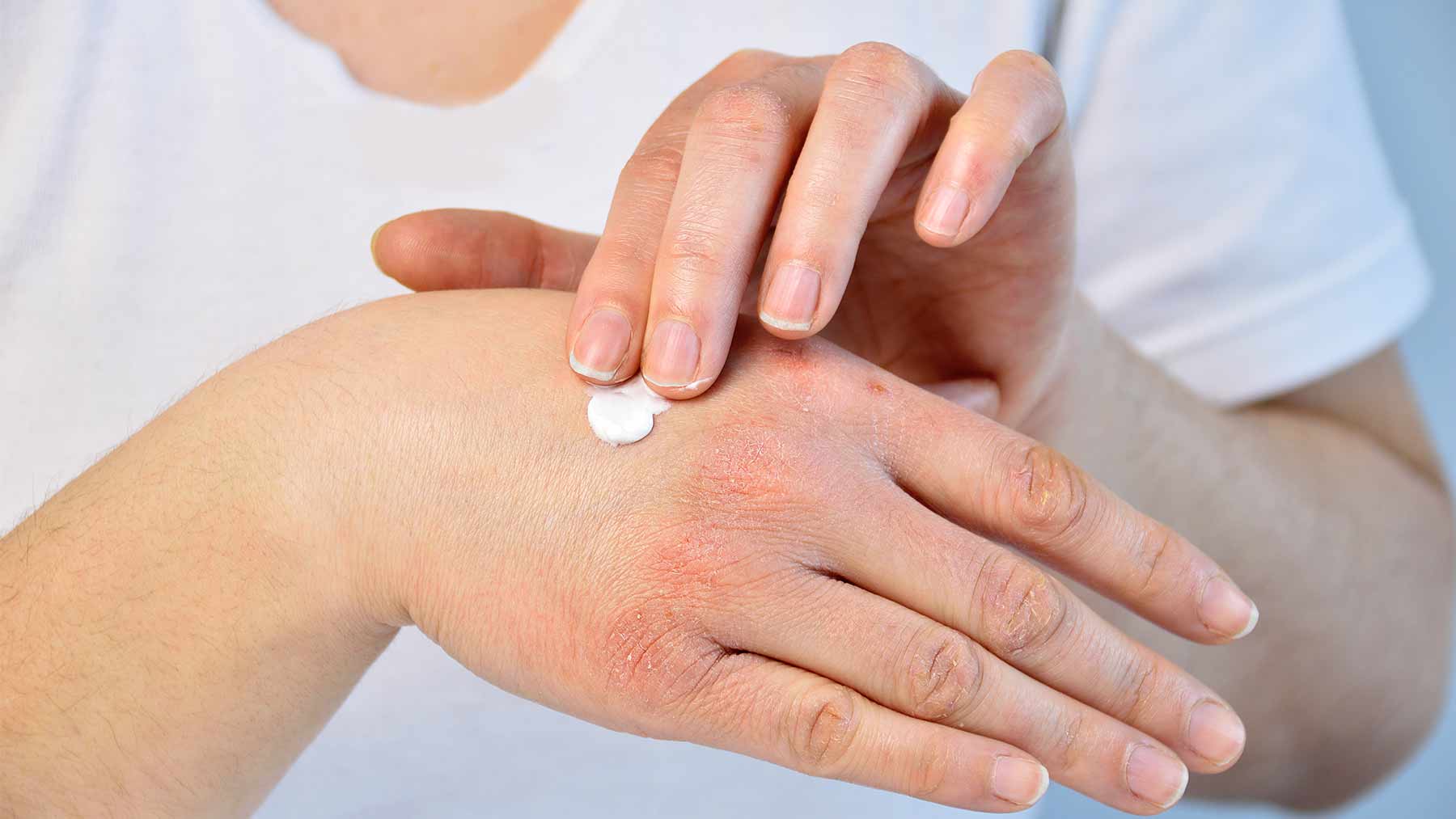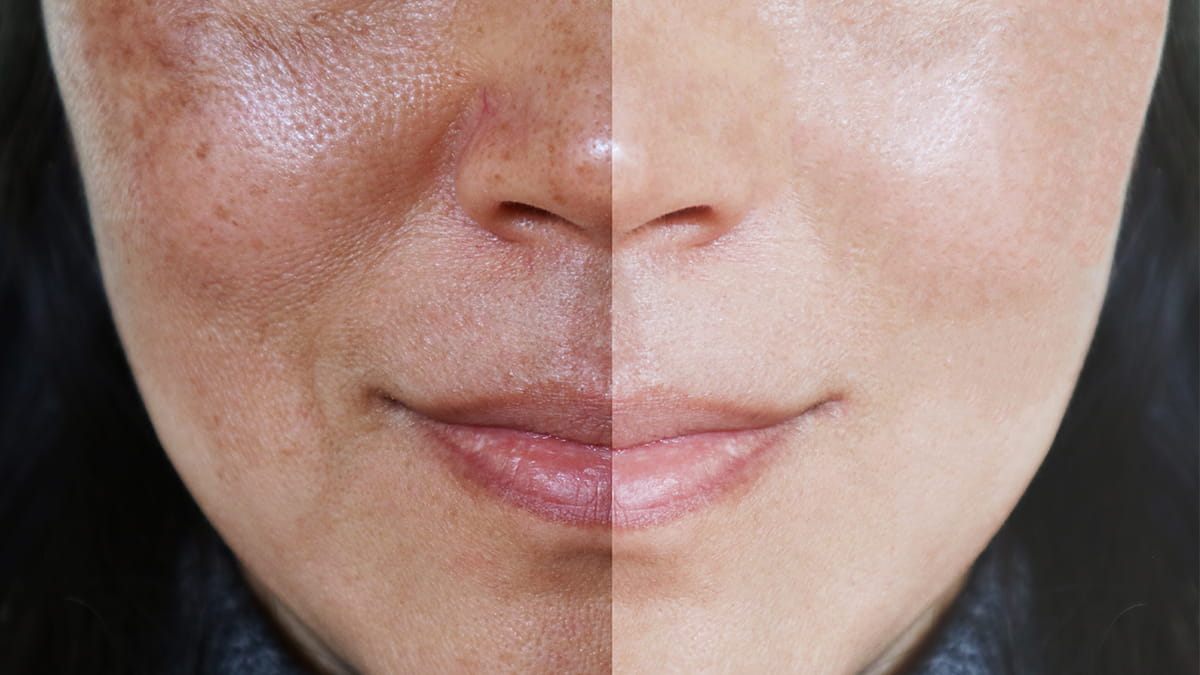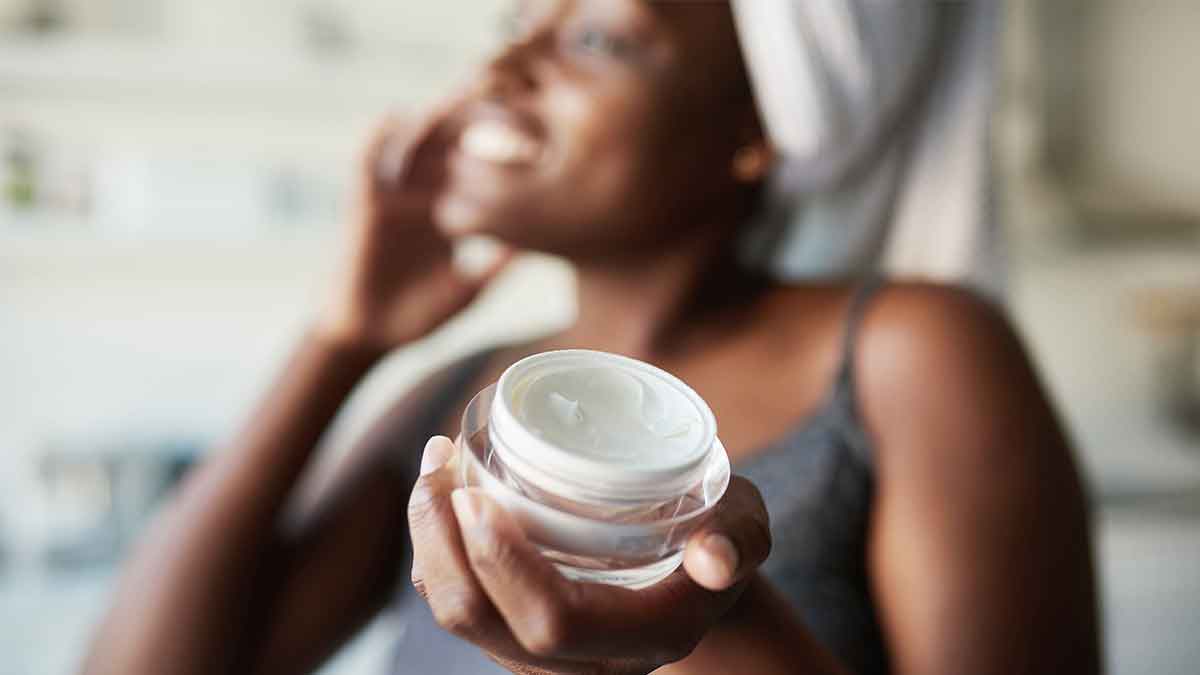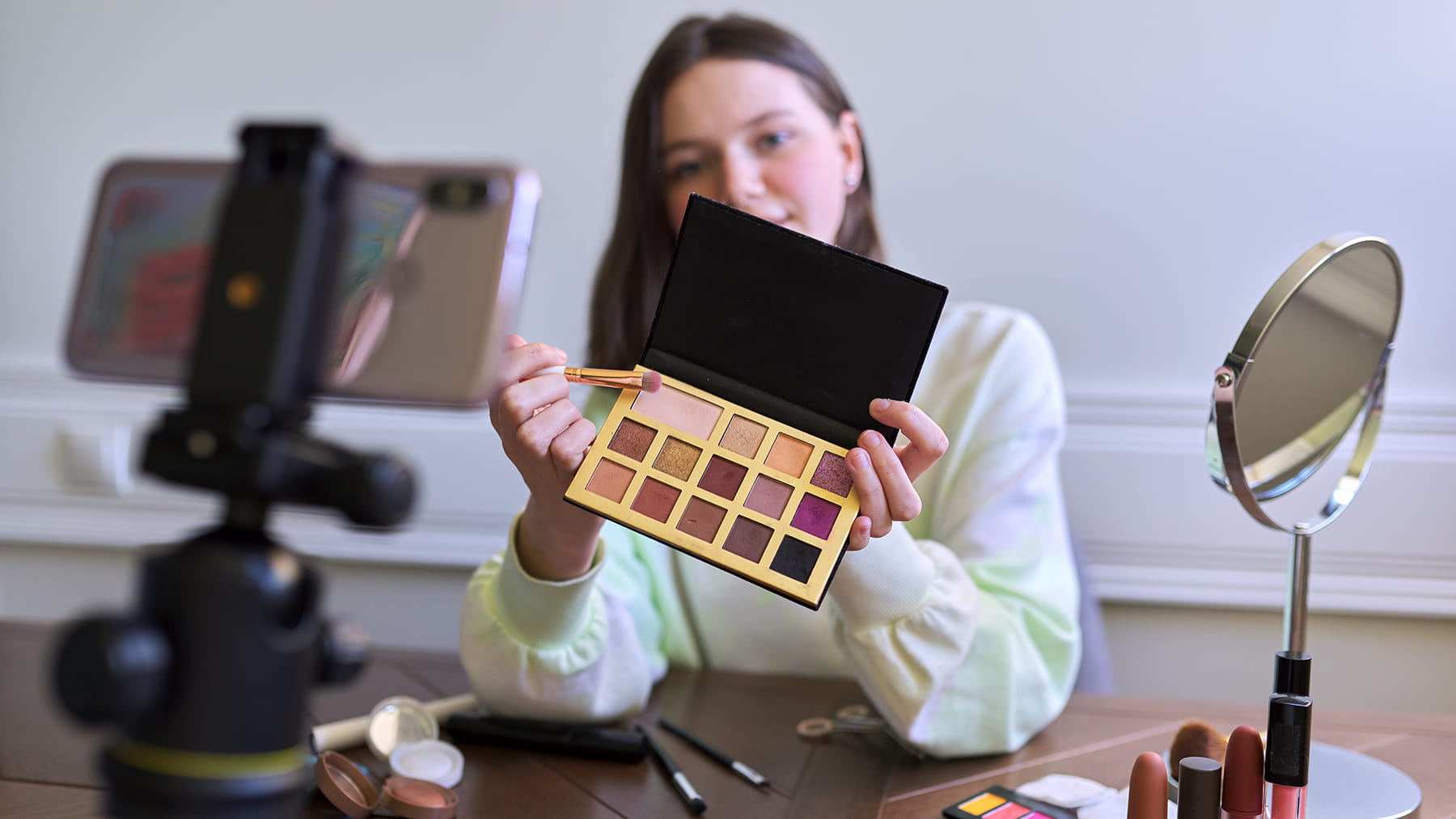This skin-care toolkit can help psoriasis
 People with psoriasis usually have to experiment a bit to find skin-care routines and products that work for them.
People with psoriasis usually have to experiment a bit to find skin-care routines and products that work for them.
Severity of itching, rashes and scaly plaques vary from person to person, and problems change or spread to new areas, which can require a shift in skin care.
But I give my dermatology patients some standard recommendations when newly diagnosed with psoriasis, which causes the body to produce skin cells too quickly. The condition affects people of all skin tones and often develops in your 20s or early 30s, with another peak in cases among people in their 50s.
If you have psoriasis, try these tips to soothe your skin:
Trade your hot shower for a warm one
Hot water can cause inflammation that might make you itchier, and if you harm skin while scratching, the condition can get worse or show up in new areas.
Psoriasis loves to flare and to expand on skin that is damaged or traumatized.
Long baths or frequent showers aren’t necessarily a problem. It’s the heat that you should dial back.
Take moisturizing seriously
- Use a high-quality lotion without fragrances that can be irritating
- Apply moisturizer all over right after you get out of the shower
- Take good care of all of your skin, not just psoriasis patches, to prevent spreading
Try over-the-counter helpers
Products containing two ingredients likely will give some relief:
- Salicylic acid – This anti-dandruff shampoo ingredient helps soften and remove scales. You can find creams with it, too.
- Coal tar – Found in shampoos and ointments. It helps get rid of scaling and can decrease inflammation, which reduces the itch. I know some people dislike the smell, but you can wash your hair with your regular shampoo afterward to help with the odor.
At some point, you’ll likely need a prescription
Most people treated for psoriasis use a steroid applied to the skin in a liquid, cream or oily substance. Over-the-counter hydrocortisone won’t be strong enough. More complex cases could require medicine in pill form.
My answers to other questions I hear from patients:
1. Sunlight helps my psoriasis. Should I get a tan or buy a UV lamp online?
Always work through a doctor to use a light box, which will be safer than tanning beds or lamps you can buy without a prescription. Use sunlight when you can by going outside for about 15 minutes without sunscreen. You don’t want to bake out there.
2. Is it OK to use anti-aging retinoid products?
It depends on where psoriasis bothers you and how under control you have the disease. Talk over the issue with your doctor.
3. Will exfoliating with scrubs or a loofah get rid of scales?
Any benefit from sloughing off dead skin cells is not worth possible irritation to delicate skin that could cause new psoriasis patches.
4. Will a humidifier help?
Sure, many patients notice psoriasis patches crack from dryness in winter.
5. Does stress worsen the disease?
Yes, psoriasis can flare significantly when someone is going through an illness or major stress. Learning stress-management techniques is a good idea.
6. Can I take a supplement or change what I eat to help my psoriasis?
I don’t recommend supplements. Recent research shows support for a gluten-free diet helping up to a quarter of people with psoriasis. A primary care doctor can test for gluten sensitivity, or you can eliminate gluten from your food for a month to see if you notice a difference in itching or joint pain for people with psoriatic arthritis.
7. How does drinking alcohol and smoking affect psoriasis?
Don’t smoke because it worsens some types of psoriasis. Most people with the disease should minimize alcohol, which could trigger flare-ups, could interfere with medication and adds unnecessary calories when dealing with high blood pressure or diabetes, both more likely for people with psoriasis.
8. What should I do about troublesome flaky patches around my nose, ears, eyebrows or beard?
Try washing those areas with an anti-dandruff shampoo. Leave it on beards for a couple minutes before washing off.
9. Will olive oil help my flaky scalp?
Yes, any oil helps break down plaques, but steroid medication is what helps to prevent flakiness from returning.
Dr. Jessica Kaffenberger treats patients at The Ohio State University Wexner Medical Center and is an assistant professor of dermatology.




